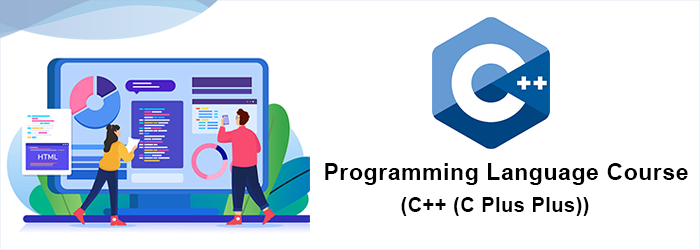Let's Chat!



Those who want to become software programmers should take a C++ programming course. The most crucial syntactical building blocks of the object-oriented language are introduced more quickly in this course.
Our C++ certification program is suitable for: